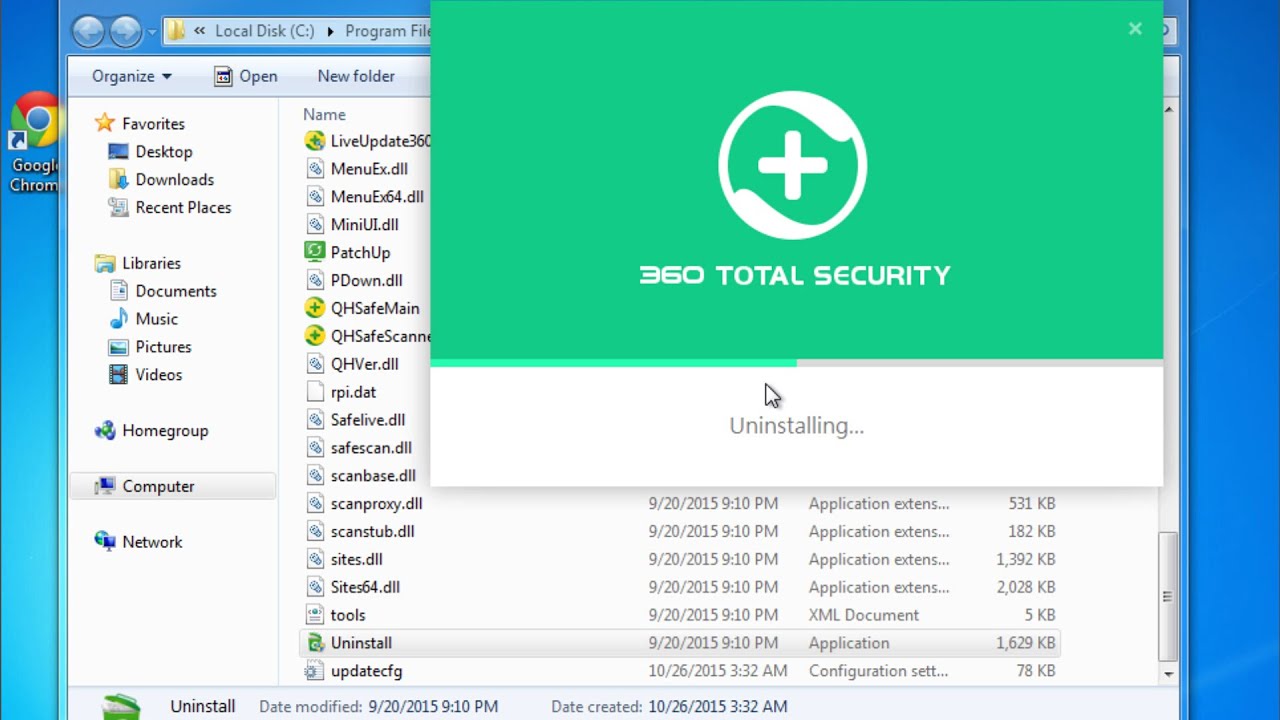The Tragic Fallout From a School District’s Ransomware Breach
Ransomware gangs have long sought pain points where their extortion demands have the greatest leverage. Now an investigation from NBC News has made clear what that merciless business model looks like when it targets kids: One ransomware group’s giant leak of sensitive files from the Minneapolis school system exposes thousands of children at their most vulnerable, complete with behavioral and psychological reports on individual students and highly sensitive documentation of cases where they’ve allegedly been abused by teachers and staff.
We’ll get to that. But first, WIRED contributor Kim Zetter broke the news this week that the Russian hackers who carried out the notorious SolarWinds espionage operation were detected in the US Department of Justice’s network six months earlier than previously reported—but the DOJ didn’t realize the full scale of the hacking campaign that would later be revealed.
Meanwhile, WIRED reporter Lily Hay Newman was at the RSA cybersecurity conference in San Francisco, where she brought us stories of how security researchers disrupted the operators of the Gootloader malware who sold access to victims’ networks to ransomware groups and other cybercriminals, and how Google Cloud partnered with Intel to hunt for and fix serious security vulnerabilities that underlie critical cloud servers. She also captured a warning in a talk from NSA cybersecurity director Rob Joyce, who told the cybersecurity industry to “buckle up” and prepare for big changes to come from AI tools like ChatGPT, which will no doubt be wielded by both attackers and defenders alike.
View more
On that same looming AI issue, we looked at how the deepfakes enabled by tools like ChatGPT, Midjourney, DALL-E, and StableDiffusion will have far-reaching political consequences. We examined a newly introduced US bill that would ban kids under the age of 13 from joining social media. We tried out the new feature in Google’s Authenticator App that allows you to back up your two-factor codes to a Google account in case you lose your 2FA device. And we opined—well, ranted—on the ever-growing sprawl of silly names that the cybersecurity industry gives to hacker groups.
But that’s not all. Each…


